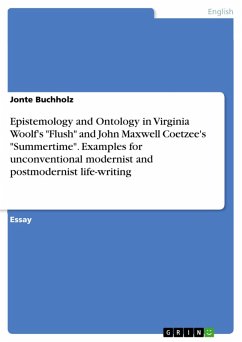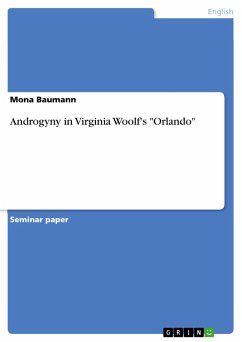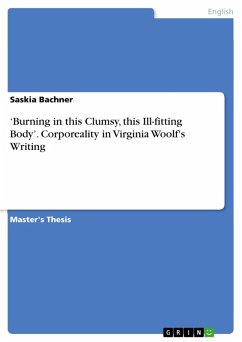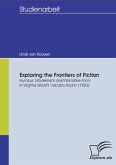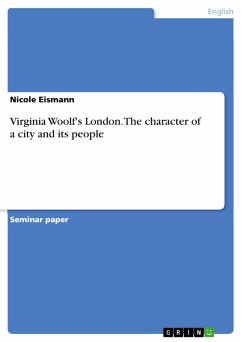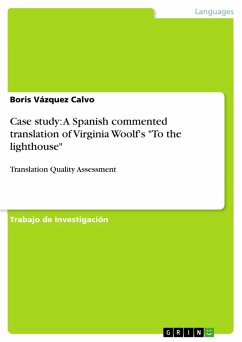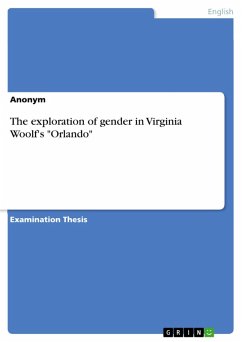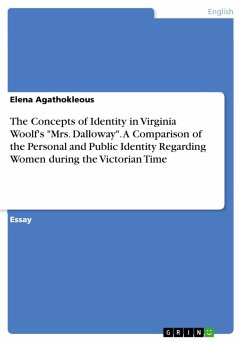Essay from the year 2020 in the subject English Language and Literature Studies - Literature, grade: 1,0, Christian-Albrechts-University of Kiel, language: English, abstract: This essay aims to explore how the biographical texts "Flush" by Virginia Woolf and "Summertime" by John Maxwell Coetzee respond to (post-)modernist concerns and how the texts transgress previous conceptions and genre boundaries concerning the contradiction of fact and fictionality in life-writing. I will show how Woolf, by depicting the life and perceptions of a dog, playfully comments and criticizes previous conventions of life-writing. Coetzee goes even further and takes the reader on a journey through the process of constructing the written representation of a life. Thereby reflecting upon the multiple perspectives and inaccuracies the biographical representation of 'a life', or, in case of autobiography, 'the self', necessarily includes. By exemplary comparing Woolf's linear 'mock-biography' "Flush" with Coetzee's "highly fragmented self-representation" "Summertime", the evolution of the genre of life-writing from modernism to postmodernism and the shift from epistemological to ontological concerns will be outlined.
Dieser Download kann aus rechtlichen Gründen nur mit Rechnungsadresse in A, B, BG, CY, CZ, D, DK, EW, E, FIN, F, GR, HR, H, IRL, I, LT, L, LR, M, NL, PL, P, R, S, SLO, SK ausgeliefert werden.
Hinweis: Dieser Artikel kann nur an eine deutsche Lieferadresse ausgeliefert werden.

